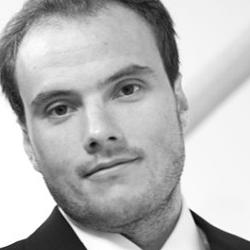Research
Supervisors: Dr Stefano Pluchino and Professor Robin Franklin
After an ischemic stroke, neural precursor cells (NPCs) proliferate within major germinal niches of the brain. Endogenous NPCs subsequently migrate toward the ischemic lesion where they promote tissue remodeling and neural repair. Unfortunately, this restorative process is generally insufficient and thus unable to support a full recovery of lost neurological functions. Supported by solid experimental and preclinical data, the transplantation of exogenous NPCs has emerged as a potential tool for stroke treatment. Transplanted NPCs are thought to act mainly via trophic and immune modulatory effects thereby complementing the
restorative responses initially executed by the endogenous NPC population. We claim that understanding these immunomodulatory aspects will be of pivotal importance in discerning how transplanted NPCs exert their therapeutic effects in stroke.
Publications
Hermann DM, Peruzzotti-Jametti L, Schlechter J, Bernstock JD, Doeppner TR, Pluchino S. (2014) Neural precursor cells in the ischemic brain - integration, cellular crosstalk, and consequences for stroke recovery. Front Cell Neurosci. 2014 Sep 16;8:291. doi: 10.3389/fncel.2014.00291. eCollection 2014.
Joshua Bernstock, Jeroen Verheyen, Bing Huang, John Hallenbeck and Stefano Pluchino Typical and Atypical Stem Cell Niches of the Adult Nervous System in Health and Inflammatory Brain and Spinal Cord Diseases (2014) book chapter in Adult Stem Cell Niches, edited by Sabine Wislet-Gendebien, ISBN 978-953-51-1718-6, Published: August 1, 2014



